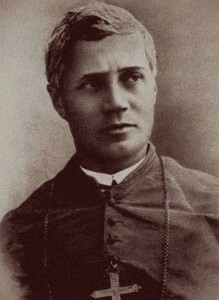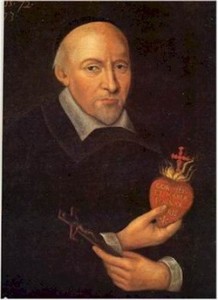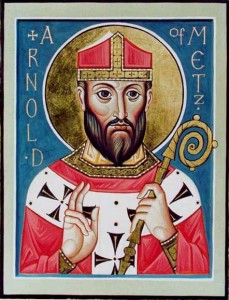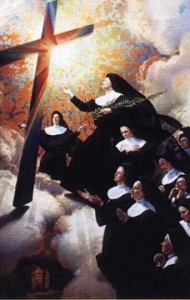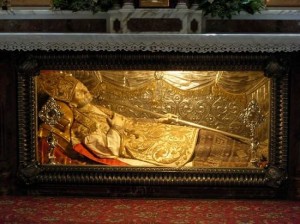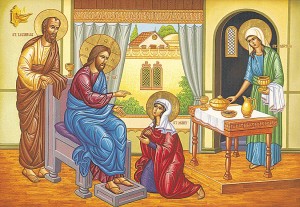 The Church universal celebrates the liturgical memorial of Saint Martha today. However, for those who live the Benedictine charism, the ordo (notes for Mass and the Divine Office) is much more expansive by observing the feast of Saints Mary, Martha and Lazarus. Even though these holy siblings predate Benedict and his blessed Rule, they are easily considered Benedictines.
The Church universal celebrates the liturgical memorial of Saint Martha today. However, for those who live the Benedictine charism, the ordo (notes for Mass and the Divine Office) is much more expansive by observing the feast of Saints Mary, Martha and Lazarus. Even though these holy siblings predate Benedict and his blessed Rule, they are easily considered Benedictines.
The reason being is that Benedictines see all three siblings as Christian examples of interpersonal friendship and mutual obedience, hospitality (openness) and friendship with the Lord. But there is a deeper meaning in keeping the holy siblings together in the liturgical act. Each of the protagonists represent a fullness of the Christian life: penitence, service and contemplation (awareness). You could easily include confession of faith as when Martha declares her belief in Jesus’ radically claim of resurrection.
As Brother Emmanuel, a newly ordained Deacon at St Joseph’s Abbey (Spencer said),
Our Father, Saint Bernard, compares the monastic community to a family, like the one Jesus visited at Bethany. In the monastic community we find Lazarus, the penitent; Martha, the active servant and Mary, the contemplative. All three are necessary to make the monastery what it ought to be. For Saint Bernard true monastic perfection consists in ‘the union of all three vocations: that of the penitent, the active worker and the contemplative.’ (Sermon for the Assumption) Thomas Merton agreed that while the contemplative life was to be preferred to the active life, the ‘most perfect souls’ would combine the vocations of Lazarus, Martha and Mary.
Benedictine monks, nuns, sisters and oblates are known for offering hospitality to pilgrims. In the Rule of Saint Benedict, Chapter 53 on The Reception of Guests, we read: “All guests who present themselves are to be welcomed as Christ, for him himself will say: I was a stranger and you welcomed me (Matthew 25-35).” You could easily include, You must honor everyone (1 Peter 2:17). This chapter is a manner of being, a path of meeting the Lord through a relationality with the person in front of us. Hence, hospitality is way of living communio, as way of engaging in friendship, as way of extending and receiving invitation to be a better person, as way to walk a journey with the other given to us to care for.
So, the feast of Saints Mary, Martha and Lazarus is a feast of friendship and hospitality. We are friends with Christ he first called us His friends, and friends open us to Him.
We need Saints Mary, Martha and Lazarus to show us how to live. They open show us to be Christians. Mary, Martha and Lazarus show us how to be a new Benedict and Scholastica.
